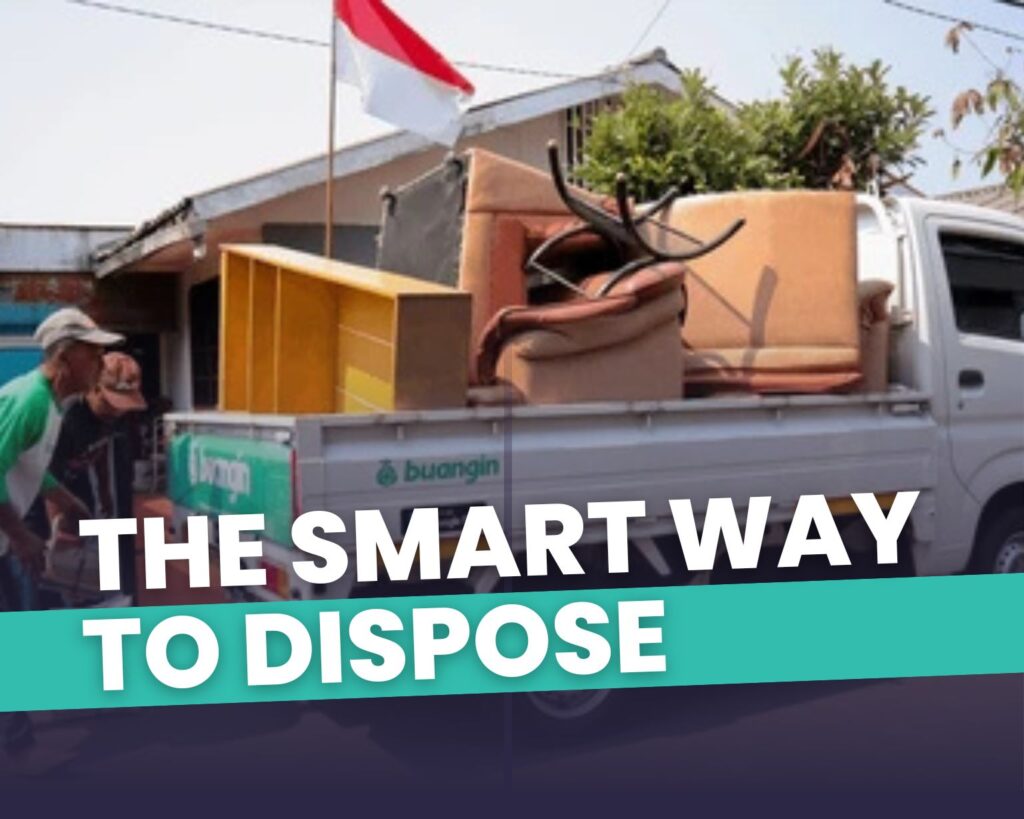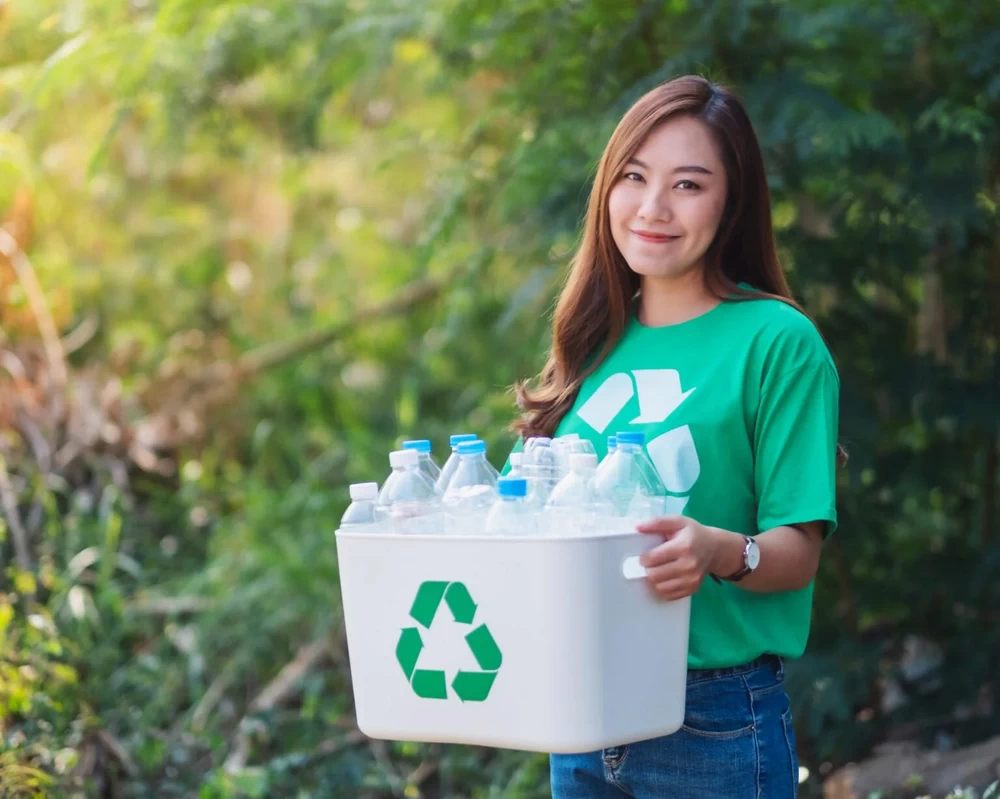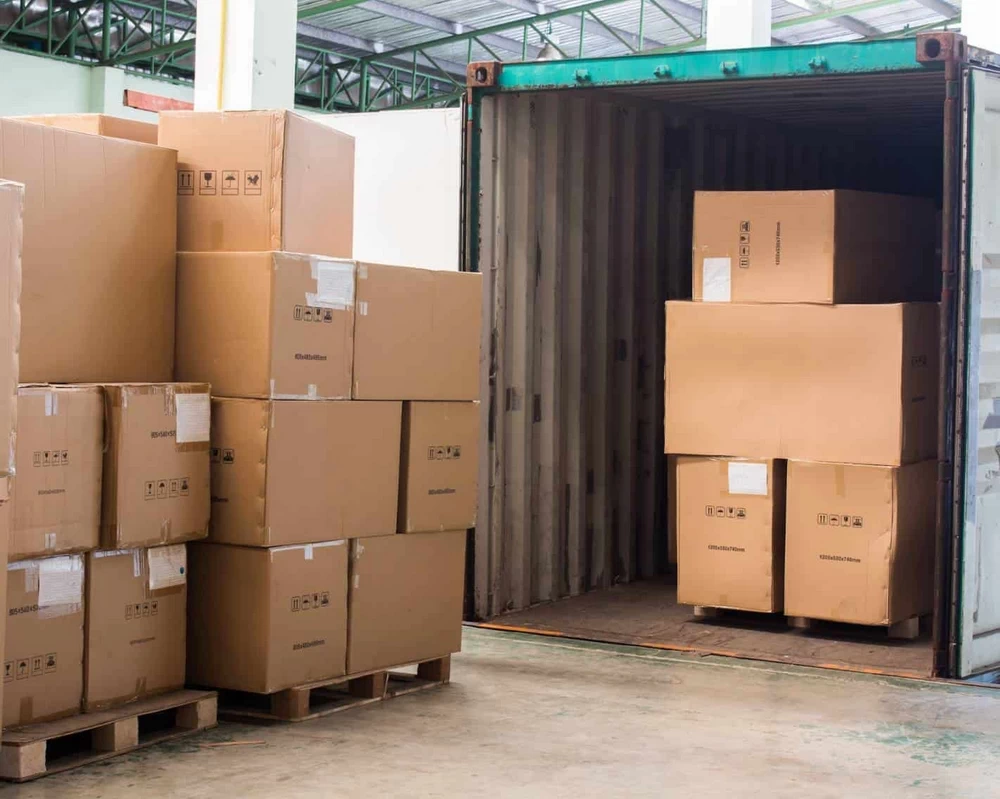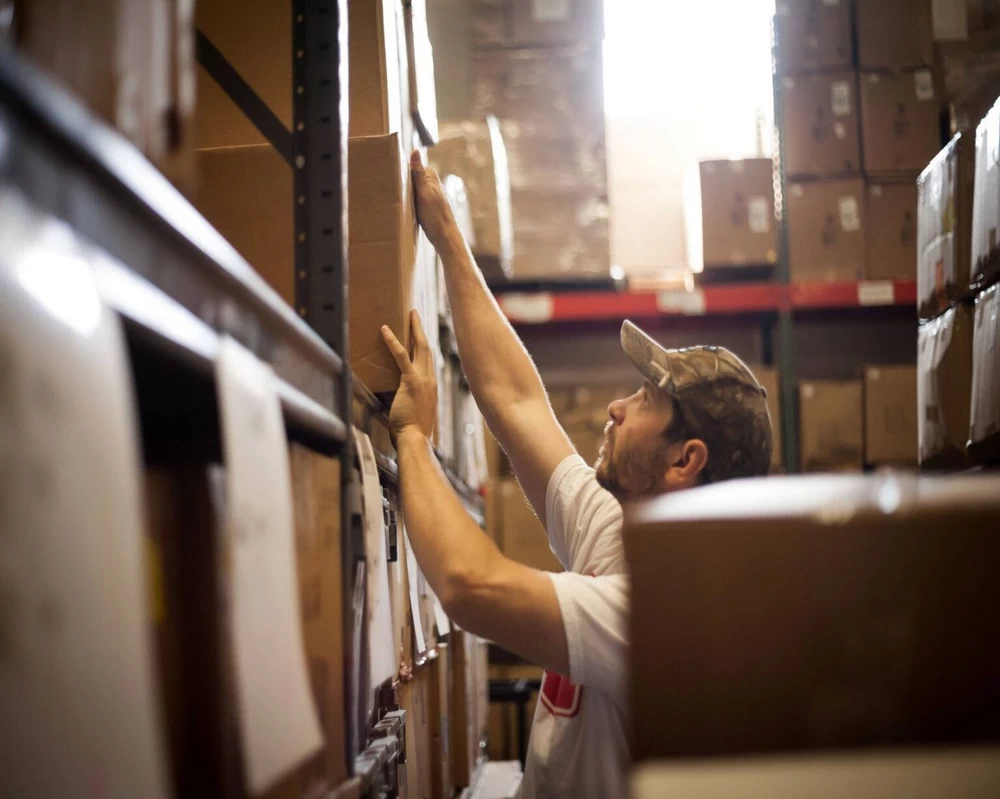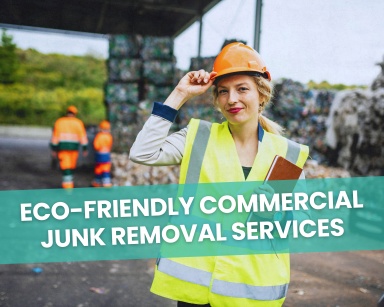Laboratory Waste Disposal: Ensuring Safety and Environmental Sustainability

Jessica Gonzalez
Global Chief Executive | Founder Happen Ventures
Table of Contents
Laboratory Waste Disposal: Ensuring Safety and Environmental Sustainability
Laboratories generate different types of waste during daily operations, and proper disposal is essential for safety and environmental sustainability. One of the most important aspects of laboratory waste management is the identification and classification of different types. It is also essential to ensure that correctly labelled containers are used for storage and dumping and that hazardous materials are handled in accordance with the applicable ordinances.
This article will discuss various types of waste and their proper disposal methods, the benefits of responsible waste administration, and the services our company offers to help laboratories ensure the right management.
Understanding Laboratory Waste
Chemical 🧪
This results from using hazardous chemicals and reagents in laboratory experiments and procedures. It includes:
- Expired or contaminated chemicals.
Chemical waste can be classified as corrosive, flammable, or toxic. - Solvent mixtures.
Solvents can be classified as aqueous, non-aqueous, and gaseous. - Spent acids and bases.
Spent acids and bases are classified as hazardous materials, and correct disposal is essential.
Improper handling can lead to environmental pollution and health hazards.
Infectious 🦠
This type includes materials contaminated with potentially harmful microorganisms, such as:
- Contaminated culture dishes and flasks.
The microorganisms present in these hazardous materials can pose a risk to public health if not handled and disposed of properly. - Used needles and syringes.
These materials must be disposed of properly to avoid accidental puncture injuries - Biological specimens.
These can contain infectious agents and must be disposed of following the right guidelines.
They present risks to public health if not managed and disposed of properly.
Proper Disposal of Laboratory Waste
a. Waste Management Strategies
Effective waste management involves:
- Segregating materials (e.g., separating chemical waste from infectious waste)
- Using appropriate containers and labels for each type
- Ensuring compliance with the local and federal ordinances.
b. Chemical
Dumping of laboratory chemicals involves:
- Neutralizing and treating chemicals when possible
- Adhering to local and federal regulations for chemical waste disposal
- Properly labelling and storing
c. Hazardous
Hazardous waste requires special care, including:
- Following safety precautions (e.g., wearing personal protective equipment)
- Complying with procedures
- Properly disposing of hazardous materials according to type and category
d. Medical Waste administration
Medical laboratory waste requires particular attention to ensure patient and staff safety, including:
- Correct handling.
It must be segregated, labelled, and properly stored to ensure safe dumping. - Regular training for laboratory personnel on waste administration practices.
The staff should have a good understanding of the procedures and safety requirements. - Ensuring compliance with medical ordinances.
It is important to comply with local, state, and federal ordinances for medical waste dumping.
Waste Management Solutions
-
Liquidation of unused hazardous materials:
- Frees up storage space
- Allows businesses to focus on selling profitable items
- Eliminates the need for physical inventory storage
-
Waste-to-Energy. Transforming waste into energy through:
- Creating biofuel from feedstock streams
- Recycling hard-to-recycle items
- Reducing waste sent to landfills
-
Beneficial Reuse. Reusing waste materials:
- Offsets costs through tax deductions
- More cost-effective than other methods
- Fosters social responsibility and strengthens community relationships
Our Company’s Laboratory Waste Disposal Services
Our company offers comprehensive solutions for laboratory dumping to help laboratories manage safely and efficiently. Our services include:
- Compliance with industry standards and procedures.
We ensure that all activities comply with federal, state and local procedures. - Expert guidance on the right techniques.
Our team of professionals can provide advice and guidance on the most effective strategies. - Assistance in implementing management strategies.
We can help laboratories develop and implement plans that meet their needs.
The Benefits of Proper Laboratory Waste Disposal and Recycling
Environmental Benefits
Correct recycling of hazardous waste has several environmental benefits:
- Reducing the amount of waste sent to landfills. It helps conserve natural resources and reduce the environmental impact of landfills.
- Converting waste to energy through biofuel production. This reduces the need for fossil fuels and can help reduce carbon emissions.
- Minimizing the release of hazardous substances into the environment. Correct disposal and recycling of hazardous substances help reduce the risk of environmental contamination.
Economic Benefits
Responsible administration can lead to cost savings:
- Reduced fees
- Tax deductions and incentives for recycling
- Improved resource efficiency
Social Responsibility
Correct leftover administration practices promote social responsibility by:
- Building stronger relationships with communities
- Encouraging sustainability within the industry
- Demonstrating a commitment to protecting public health and the environment
Ensuring Regulatory Compliance in Laboratory Waste Disposal
Understanding Procedures
Complying with local, federal, and international guidelines is crucial for the right dumping of hazardous materials. These may include:
- Environmental Protection Agency (EPA) guidelines
- Occupational Safety and Health Administration (OSHA) standards
- International standards, such as the International Organization for Standardization (ISO)
Implementing Regulatory Compliance
To ensure compliance with ordinances, laboratories should:
- Conduct regular audits to identify areas of improvement
- Provide training for staff on regulatory requirements
- Develop and implement a plan that adheres to guidelines
Working with Service Providers
Partnering with a reliable service provider can help laboratories meet regulatory requirements by:
- Offering expertise in regulatory compliance
- Providing access to specialized facilities
- Ensuring correct handling of all types
Challenges in Laboratory Waste Disposal
Limited Resources and Infrastructure
Many laboratories face challenges due to limited resources and infrastructure. Some of these challenges include:
- Insufficient storage facilities
- Lack of specialized equipment
- Limited access to certified services
Keeping Up with Evolving procedures
Procedures are constantly evolving. Laboratories must stay informed and adapt to these changes to ensure compliance. Challenges include:
- Staying updated on new and amended ordinances
- Implementing changes in processes
- Ensuring staff are trained in updated regulations and procedures
Balancing Cost and Sustainability
Laboratories must balance the costs with the need for sustainability. Some challenges include:
- Finding cost-effective solutions
- Investing in eco-friendly technologies
- Encouraging the adoption of sustainable practices in the laboratory
Best Practices for Laboratory Waste Disposal
Waste Minimization
Laboratories can minimize generation by:
- Implementing green chemistry principles
- Optimizing laboratory processes
- Regularly reviewing and updating procedures
Training and Education
Regular training and education for laboratory personnel are essential. It not only helps laboratories meet regulatory compliance but also creates a culture of sustainability.
Best practices include:
- Providing hands-on training on segregation and procedures
- Offering refresher courses on regulations
- Encouraging a culture of sustainability and environmental responsibility
Continuous Improvement
Laboratories should strive for continuous improvement in practices by:
- Regularly evaluating and updating plans
- Benchmarking against industry best practices
- Seeking feedback from staff and stakeholders on procedures
Conclusion
Correct administration is essential for a sustainable future. By promoting responsible administration, laboratories can protect the environment, ensure public health, and demonstrate their commitment to social responsibility. Implementing best practices, adhering to regulations, and partnering with reliable service providers can help laboratories achieve their goals. It takes effort and dedication, but the rewards of a healthier environment make it all worth it. From reducing remains to increasing sustainability, there are many benefits to the right laboratory disposal.


